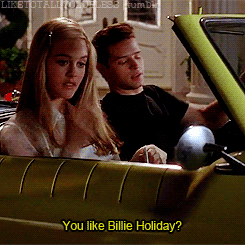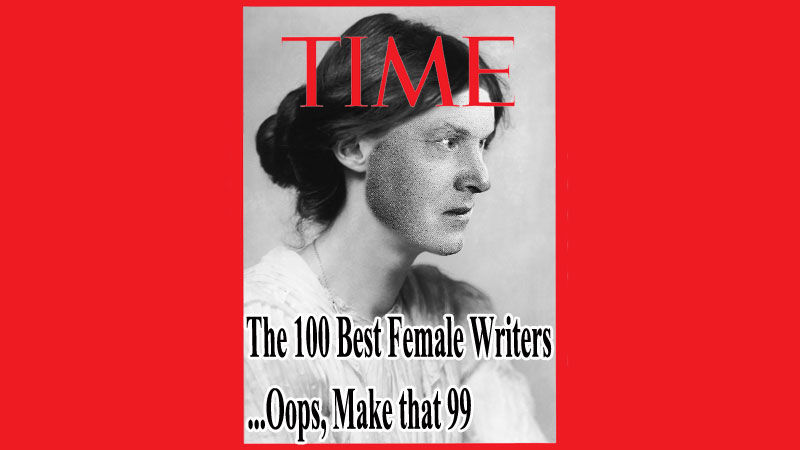So for those of you who weren't lit majors (hey, fellow English majors! Turns out our degrees are useful!), here are some writers who used opposite sex pseudonyms:
Charlotte, Emily and Anne Brontë first published their novels under the male pseudonyms Currer, Ellis and Acton Bell.
Louisa May Alcott of Little Women fame used the name A.M. Barnard for gothic thrillers that might have been considered too "unladylike" for the times.
Mary Ann Evans' nom de plume was George Eliot to avoid critics stereotyping her work based on her gender.
Out of Africa writer Karen Blixen went by Isak Dinesen.
And J.K. Rowling was encouraged to use her initials, when publishing the Harry Potter novels, so her femininity wouldn't deter the target audience: young boys. Years later, she used the name Robert Galbraith to retrieve some of her lost anonymity and have the liberty to experiment without all the expectations and attention.
You might be wondering why I haven't mentioned any notable male writers masquerading as women. Well, that's because that isn't a thing. Men don't have much to gain from assuming a female identity in a world that chronically devalues women and scrutinizes them more harshly than the opposite sex (see: vocal fry).
Too real of a note to end on? Cleanse your palate from that bitter tea with this fun, light and poignant moment from Clueless:







